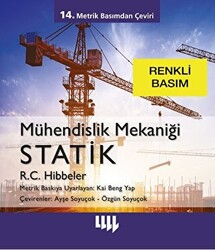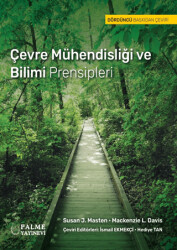*We learn to talk, much about the same time that we learn to walk, but talking requires less muscular effort than walking, and makes generally less demand upon our powers. A man may talk a long while before he has done the equivalent of a five-mile walk; it is natural, therefore, that we should have had more practice in talking than in walking, and hence that we should find it harder to pay attention to our words than to our steps. Certainly it is ver y hard to become conscious of every syllable or indeed of every word we say; the attempt to do so will often bring us to a check at once; nevertheless we can generally stop talking if we wish to do so, unless the cr ying of infants be considered as a kind of quasi-speech: this comes earlier, and is often quite uncontrollable, or more truly perhaps is done with such complete control over the muscles by the will, and with such absolute certainty of his own purpose on the part of the wilier, that there is no longer any more doubt, uncertainty, or suspense, and hence no power of perceiving any of the processes whereby the result is attained—as a wheel which may look fast fixed because it is so fast revolving.*













